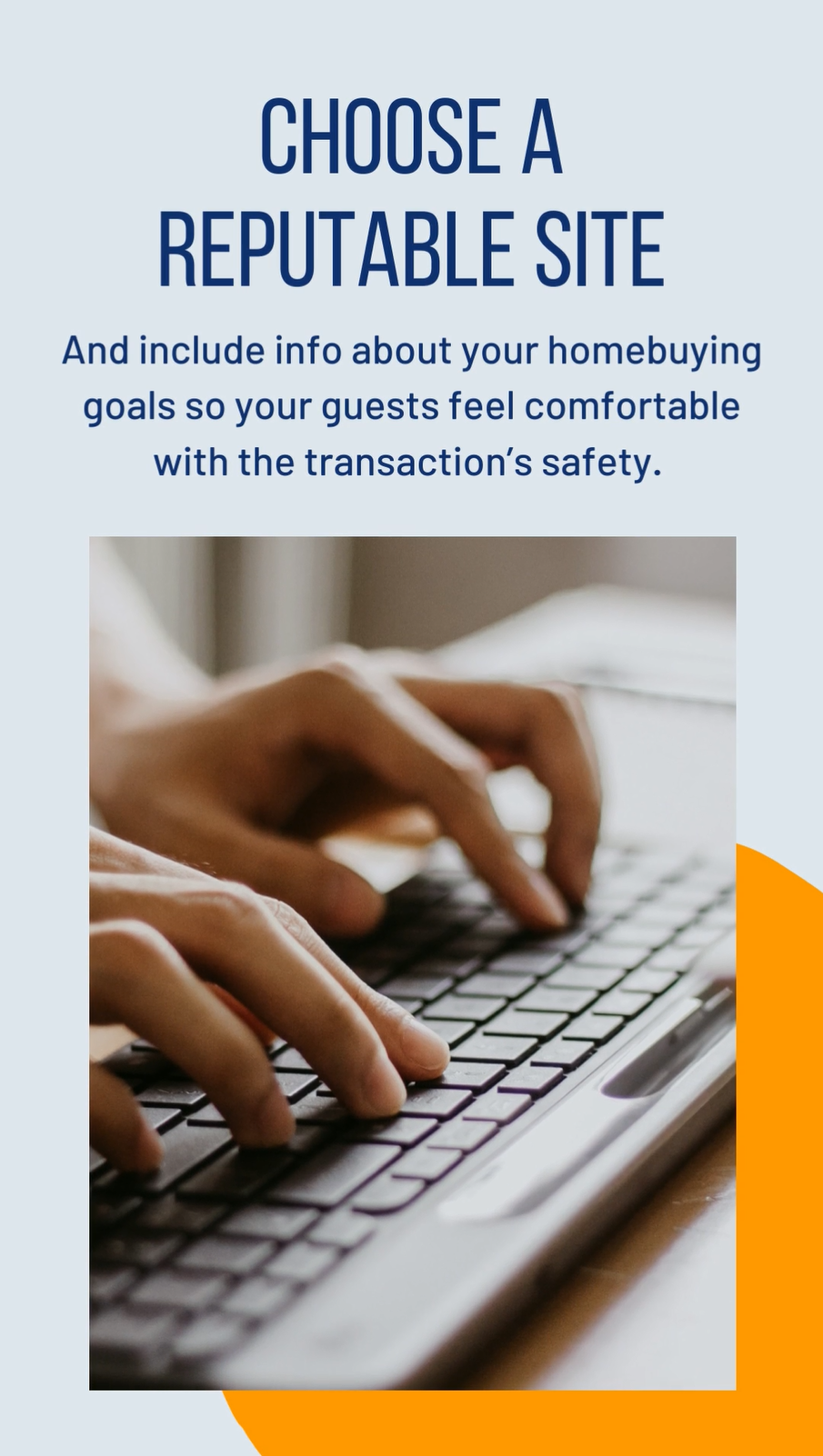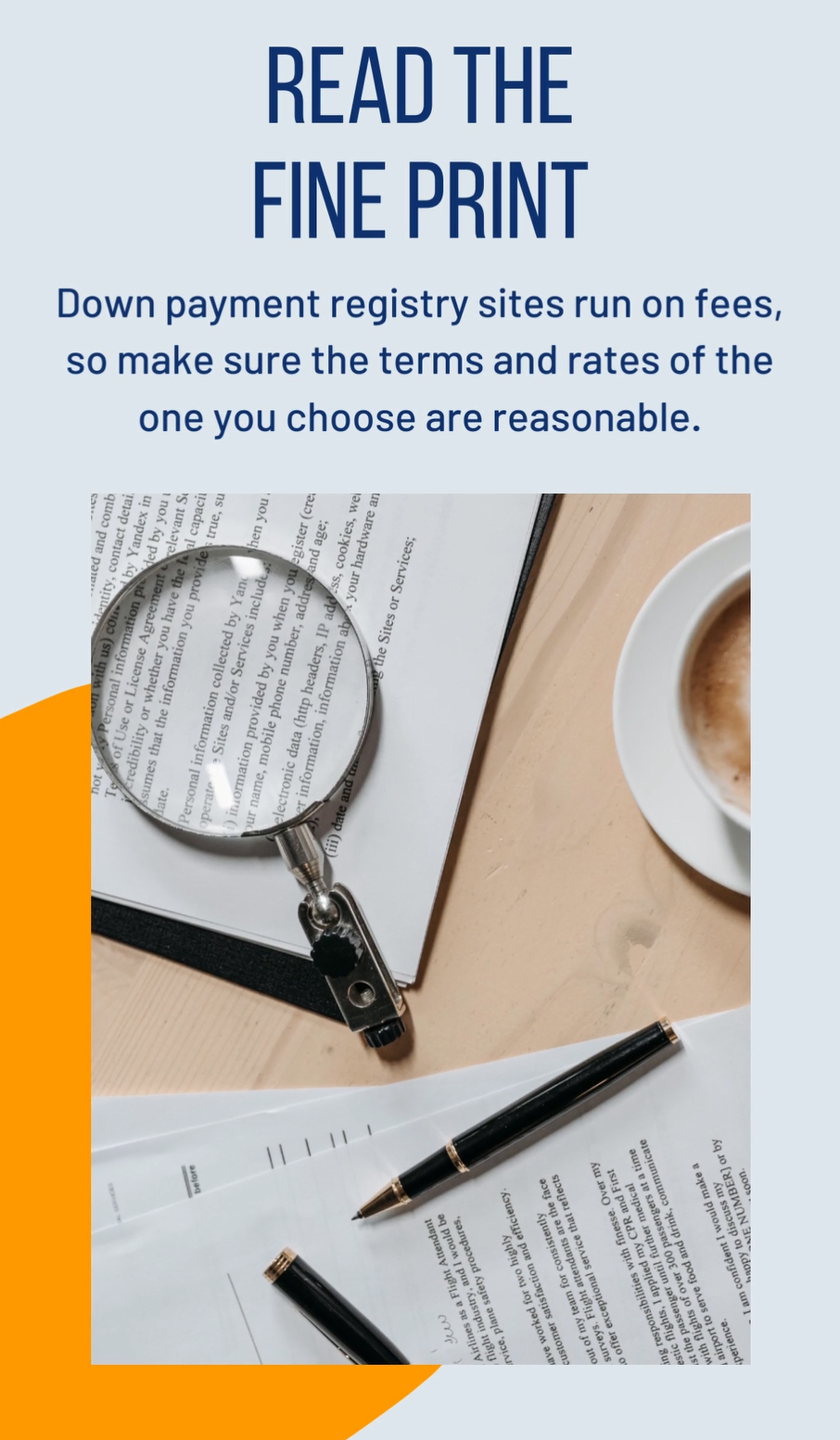How to Become a Homeowner on a First-Time Buyer’s Budget

1. TAP YOUR NETWORK FOR HELP WITH FUNDING
Another established method for affording a first home is to lean on family or friends for financial help. according to a recent YouGov poll, more than a third of homeowners (and a whopping 79% of those under 30) received financial help from their parents when buying their first home. So you wouldn't be the only one leaning on loved ones to afford a home at today's prices.
Just be sure your benefactors are giving a gift, not a loan, and are willing to put that in writing. A lender will want proof that the money isn't adding to your debt burden. Another way to tap your network is to crowdfund park of your down payment. For example, if you're getting married soon, you could skip wedding gift registry and ask guest to contribute funds to your hoped-for home purchase instead.
2. TRY HOUSE HACKING
“House hacking” is a real estate investment strategy in which participants use their homes to generate income in order to offset their expenditures. For example, renting out a basement apartment or taking on a roommate.
In some cases, house hacking may make it possible for you to qualify for and afford your first home. A lender, for example, may approve you for a larger mortgage if you purchase a property with immediate income potential.3 It could also help you pay your mortgage once you move in. For example, you could rent out your swimming pool for a few hours or lease out your garage for paid parking.
But before you make plans to house hack, make sure you fully understand an area's laws and HOA rules. We can help you find a home with income potential in a neighborhood with less restrictive zoning and regulations.
3. TEAM UP WITH FRIENDS OR FAMILY
If you aren't wild about the idea of welcoming strangers to your home, you may want to consider co-purchasing with a friend or family member instead. This unconventional housing arrangement is growing in popularity as a way to cope with higher costs.
By pooling resources, you may be able to buy a home that's larger or has more investment potential. On the other hand, sharing a big financial responsibility, like a mortgage, with friends or family could get messy- especially if you don't create a clear-cut co-ownership agreement beforehand that outlines mutual expectations. We can help you set up priorities and search for a suitable property that works for all parties.
4. LOOK FOR SPECIAL PROGRAMS AND ASSISTANCE
You could also cut some of your costs by applying for grants and assistance. There are public and private grants and down payment assistance programs that are expressly intended to help first-time buyers, although most have income limitations. Or, if you have enough income to support a house payment but can't spare much cash for your down payment, you may qualify for a government-sponsored loan, such as an FHA loan that allows you to put down as little as 3.5% to 10%.
We can connect you with a lender or mortgage broker who can educate you about your options and help shepherd you through the process. And, in come cases, we can help you negotiate seller concessions-like money towards closing costs or mortgage point-that will make your home purchase more affordable.
5. EXPAND YOUR HOME SEARCH
If you're having trouble finding a home within your budget, consider broadening your search criteria. you may be surprised by the kinds of deals that are available when you're willing to compromise on things like neighborhood, square footage, and cosmetic features.
Keep in mind, starter homes are rarely forever homes, but merely a first step onto the property ladder. By gaining a foothold in the real estate market now, you can set yourself up to afford a more expensive property in the future. According to the National Association of Realtors, in 2021, the net worth of a typical homeowner was $300,000, while that of a renter was on $8,000.







